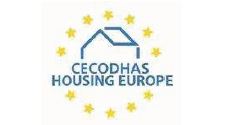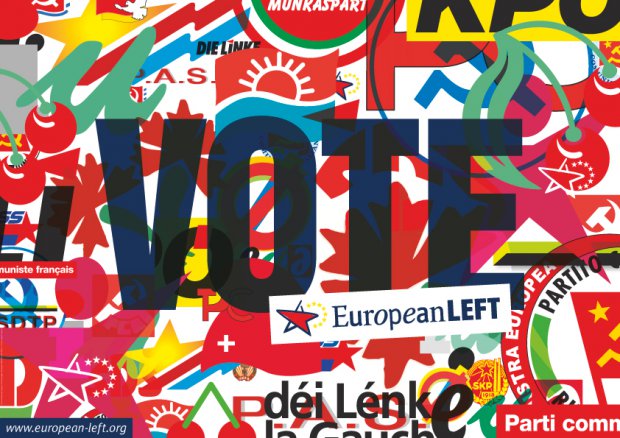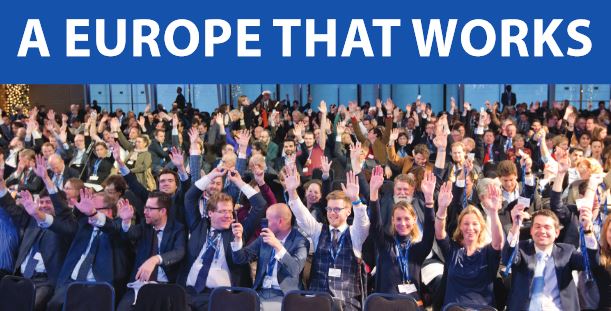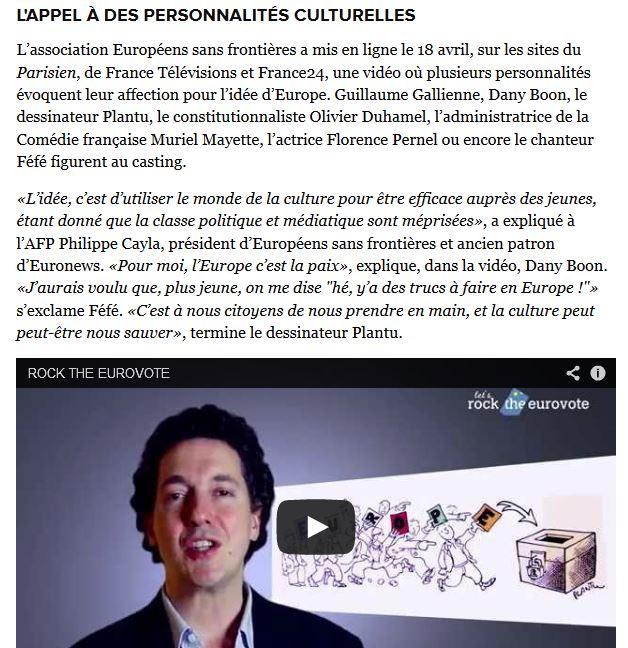The time period for the collections of signatures of the European Citizens Initiative (ECI) run by letmevote ended on the 28 January 2014. The ECI Committee would like to thank all those who signed during the 2013.
Unfortunately the Letmevote ECI did not succeed in collecting 1 million signatures, which would have been necessary to get our cause directly to the European Parliament. However, beyond the ECI will continue to work on the issue of voting rights for EU citizens living abroad in the EU, and are likely to resubmit an ECI when the ECI framework is reviewed by the EU Commission.
There is debate whether the ECI should or can be a policy-setting tool – directly influencing the EU Commission – or an agenda-setting tool – encouraging and leading in public debate on an issue. Letmevote’s strength has been in agenda setting. As a pure citizens initiative without even significant core funding, we concentrated our work on three levels.
Our first level of engagement with the world around us was by attending and speaking at relevant conferences and events, many of them in Brussels, some in Germany, UK, Luxembourg and France. For a small campaign we achieved to build great support among EU institutions, related agencies, and EU staff on different levels. All involved see the issue of how to make EU citizenship more concrete as something urgent to work on. Our Chair Philippe Cayla has tirelessly travelled and participated in too many events to remember, all of them valuable to build our reputation and broad support among institutions.
Our second level of engagement with the world has been via social media. Our strength has been on twitter, but we also built a reasonable community around our Facebook page. While we are aware that in many countries twitter is not yet as mainstream medium, it did allow us a new quality of outreach to people outside of the usual institutional routes.
The topic of the Letmevote ECI – voting rights for EU citizens who live outside of their home country but within the EU, as EU citizens within the EU – was never of mainstream interest to mass media outlets. While we got some media coverage in some countries, reaching the 13.6million EU citizens, who live integrated, bu with limited voting rights, across the EU in another member-state than their country of origin, was never an easy task. Twitter allowed us to build a more than interesting network – of organisations, but also of many private, politically interested EU citizens. We built a small but passionate network of volunteers from this group, and many others have kept supporting our work by retweeting our tweets and engaging with us.
We value our social network. Many EU-focused organisations do great work, but few manage to build any campaigning support among actual citizens. We are proud that during the course of the ECI, we have broken through the ‘institutional barrier’ and have developed into an active citizens-based platform to discuss voting rights for EU citizens, and to discuss how citizens can make the EU their own by engaging actively in their communities. Much of this work for Letmevote has been led by our team from LetmevoteUK, with additional work carried out in Luxembourg and Spain, and on a smaller level in Germany and Austria.
We also take it as a sign of our agenda-setting activities that new organisations with a focus on representing some of the interests of EU citizens living elsewhere than their home country have emerged. We are broadly supportive of such work, and will continue to speak at events and cooperate online with different projects who share our interests.
Our third level of activity has been on direct lobbying for EU citizens’ voting rights on a national level in three countries: France, Spain and Luxembourg. As the EU cannot implement voting rights for EU citizens flat-out, one of our focal points was to work with political parties and politicians on a national level to discuss and promote the concept that all EU citizens who live in a country should be allowed to participate in all elections in this country. Our work in the three countries we have focused on continues past the ECI, and we will report back on progress.
In 2014 we continue to build our network of supporters who believe in strong voting rights for all EU citizens like we do. In the coming months, we will run voter registration projects in France and in the UK to encourage as many native and resident EU citizens to participate in the European Parliaments Elections in May 2014 as possible.
We keep being driven by our belief that we need a strong sense of citizenship in Europe. At the core of citizenship is voting and thus civic participation in the simplest and yet most effective expression of democracy.
You can stay in touch via our social media contact points
Twitter:
@letmevote_UK
@letmevoteEU
@letmevote_AT
@letmevote_DE
@letmevoteLU
@LetMeVoteES
Facebook: www.facebook.com/letmevote
























